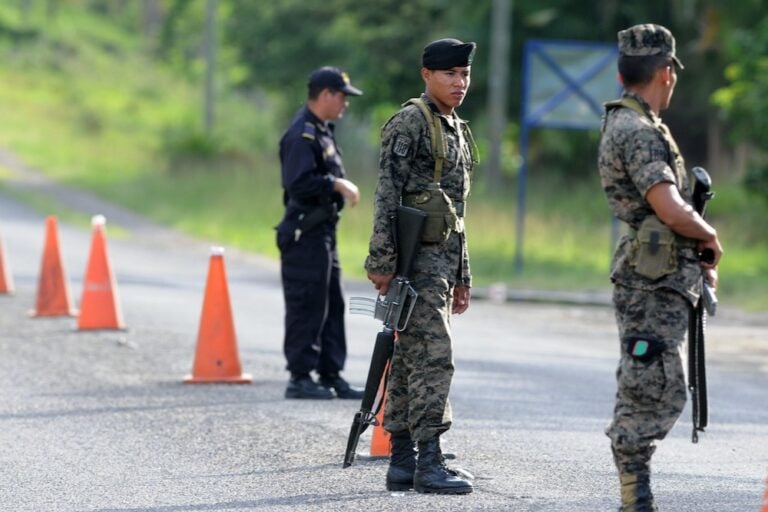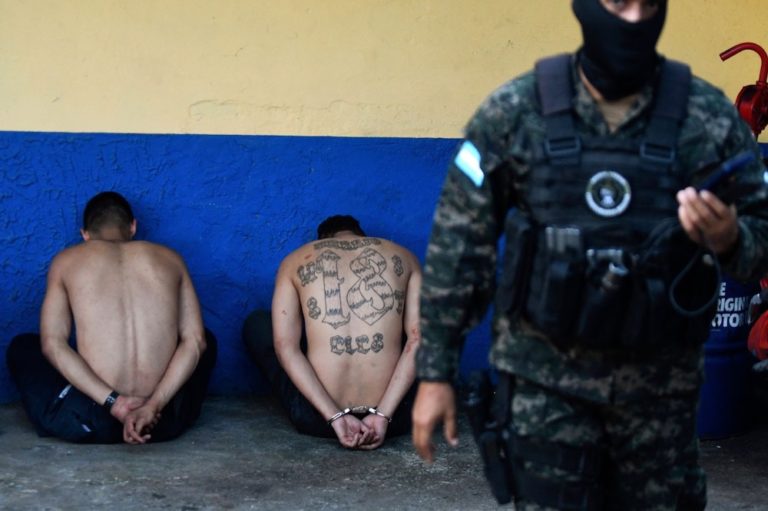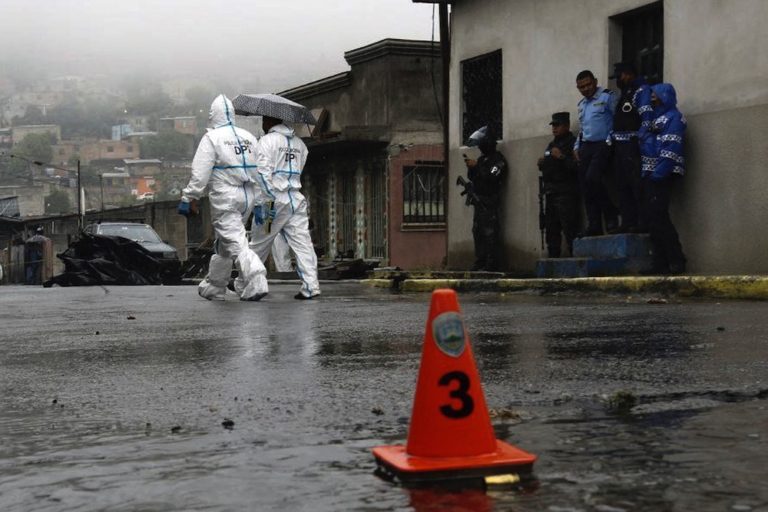Defending a human right as basic as respect for sexual orientation can be a deadly sin in Honduras, as demonstrated by the wave of attacks and assassinations perpetrated against activists in the country.
“The principle of my life is to believe I can achieve the impossible.”
Defending a human right as basic as respect for sexual orientation can be a deadly sin in Honduras, as demonstrated by the wave of attacks and assassinations perpetrated against activists in the country.
One of the most recent victims was Sherlyn Montoya, a transgender defender of the rights of LGBTQI+ individuals. Montoya was assassinated on 4 April 2017 on the outskirts of the capital, Tegucigalpa. She was tortured before dying.
For a number of years Montoya belonged to the Rainbow (Arcoíris) LGBTI Association, and within the organisation she was a member of the Rainbow Dolls (Muñecas Arcoíris) group. The Rainbow Dolls specialise in defending LGBTQI+ rights in a country where the community continually faces persecution, discrimination and attacks, and where investigations almost never end with those responsible being imprisoned.
Osman Carcamo, the Rainbow LGBTI Association’s public relations officer, told IFEX, “She was a young woman without vices, I know of no bad behaviour on her part. She lived in one of the most dangerous neighbourhoods of Tegucigalpa and she was involved in the entire process of empowerment of the LGBTI community. She threw herself into defending the community’s rights and she supported many trans youth.”
Montoya’s assassination has been harshly criticised at both the national and international levels. The National Human Rights Defenders’ Network (Red Nacional de Defensoras de Derechos Humanos) and the Mesoamerican Initiative of Women Human Rights Defenders (Iniciativa Mesoamericana de Mujeres Defensoras de Derechos Humanos) condemned and repudiated this “new hate crime against a defender of the rights of the LGTTBI community.” The organisations called on the Honduran authorities to conduct “an exhaustive and rigorous investigation, free of prejudice, in order to bring the perpetrators to justice; and to ensure that measures are implemented to combat the hate speech, intolerance and discrimination that underlies the serious situation of risk faced by members of LGTTBI groups.”
The Rainbow collective noted that “the vulnerability of the LGBTI community in Honduras is continually on the rise as a result of high levels of impunity and government indifference.” The collective went on to say, “This clearly demonstrates to us a policy of oppression and repression generated by the government itself. This undoubtedly contributes to justification of the hate relating to gender expression, sexual orientation and identity experienced by the LGBTI community, hate that translates into the high level of violence.”
Carcamo said that “impunity reigns in more than 98% of the crimes committed against the LGBTI community.” According to data collected by the Rainbow Association and the National Attorney General’s Office, between 1994 and 2016 263 cases were reported, of which no more than 47 have been brought before the courts.
These events have taken place within a context of extreme violence against the media, journalists and activists in Honduras. Attacks continue to take place and concern has been expressed by local and international organisations, which see no exit from the vicious cycle of violence and suppression of freedom of expression.



